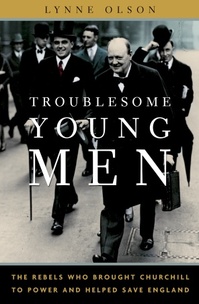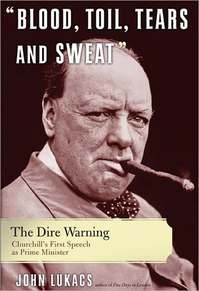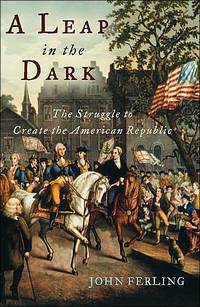(p. A11) In a newly unearthed essay sent to his publisher on Oct. 16, 1939 — just weeks after Britain entered World War II and Churchill became part of the wartime cabinet — and later revised, he was pondering the likelihood of life on other planets.
. . .
The manuscript was passed on to the National Churchill Museum in Fulton, Mo., the site of famed 1946 Iron Curtain speech, in the 1980s by Wendy Reves, the wife of Churchill’s publisher, Emery Reves. It had been overlooked for years until Timothy Riley, who became the museum’s director last year, stumbled upon it recently. Soon after news of the discovery, two other copies were found in a separate archive in Britain.
. . .
Largely self-educated in the sciences, Churchill had boundless curiosity for practically anything, an attitude he once described as “picking up a few things as I went along.”
. . .
He was the first prime minister to hire a science adviser. Frederick Lindemann, a physicist, became Churchill’s “on tap” expert and once described him as a “scientist who had missed his vocation,” said Andrew Nahum, who organized an exhibition on Churchill and science at the Science Museum in London. He found a separate copy of the essay in the Churchill Archives Center at the University of Cambridge.
. . .
In the interwar period, Churchill wrote numerous scientific articles, including one called “Death Rays” and another titled “Are There Men on the Moon?” In 1924, he published a text asking readers “Shall We All Commit Suicide?” in which he speculated that technological advances could lead to the creation of a small bomb that was powerful enough to destroy an entire town.
Churchill’s recently unearthed article on extraterrestrial life was probably written in the same vein and was probably intended to be published as a popular science piece for a newspaper.
Two other scientific essays — one on cell division in the body and another on evolution — are stored in the museum’s archives in Fulton, Mr. Riley, the museum director, said in an interview.
Churchill had a “natural curiosity and general optimism about life,” Mr. Riley said. He had “a willingness to see technical and scientific advances improve not only his immediate world or his country, but the world.”
For the full story, see:
KIMIKO de FREYTAS-TAMURA. “A Lost Essay from Churchill on Alien Life.” The New York Times (Weds., FEB. 16, 2017): A11.
(Note: ellipses added.)
(Note: the online version of the story has the date FEB. 15, 2017, and has the title “Winston Churchill Wrote of Alien Life in a Lost Essay.”)




